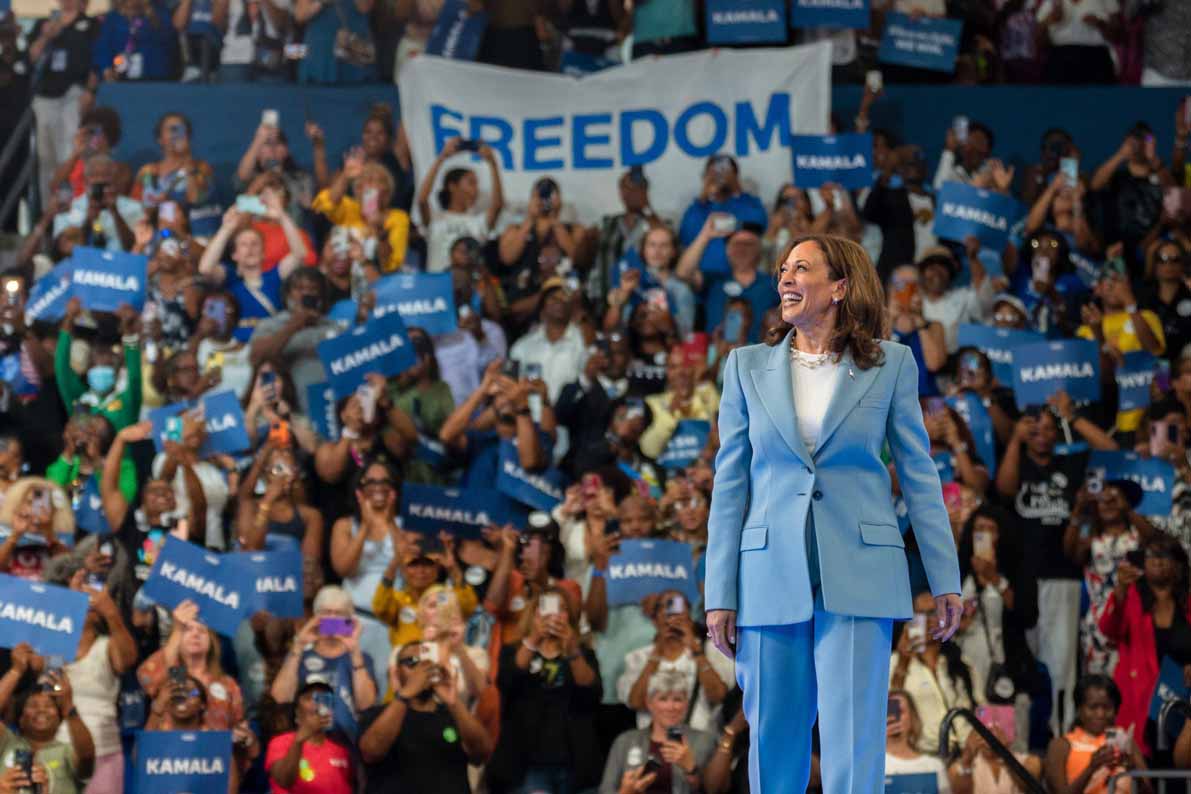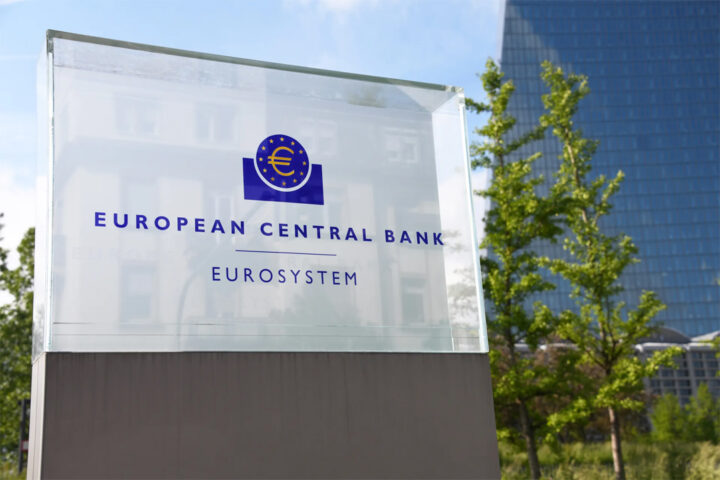With the US political landscape shifting dramatically towards protectionism, deVere Group, a leading independent financial advisory and fintech, is advising investors to recalibrate their portfolios to capitalise on emerging opportunities.
“Both the Republican and Democratic parties are increasingly aligned on the necessity of tariffs as a tool to protect American industries, especially against competition from China,” said deVere Group CEO Nigel Green.
“This represents a major departure from decades of free trade policies, with both parties recognising that tariffs will play a central role in the US economic strategy moving forward. For investors, this shift presents both challenges and opportunities that require strategic portfolio adjustments.
“The world is at a turning point. As protectionism gains traction in the US, investors need to be proactive. By positioning themselves in sectors that will benefit from these policy changes, they can capture significant growth opportunities.”
Central to this protectionist agenda is a renewed focus on revitalising US manufacturing.
Sectors like electric vehicles, semiconductors, medical products and steel are expected to see substantial growth, bolstered by tariffs that shield them from foreign competition.
For example, Washington has already proposed new tariffs on electric vehicle batteries, semiconductors and other critical industrial products. This move aims to ensure that newly established American factories remain competitive in a global market increasingly disrupted by trade barriers.
“Investors should be taking a close look at these industries,” said Green. “The combination of government incentives and protectionist policies creates fertile ground for long-term growth.
“Companies with established production capabilities in America are set to outperform as they benefit from reduced competition and increased domestic demand.”
The electric vehicle (EV) sector, in particular, stands out. As part of its broader industrial policy, the US has introduced a 100% tariff on EVs imported from China, effectively doubling the cost of these products in the US market.
Competitive advantage
This gives American-based EV manufacturers a competitive advantage, and investors are likely to be considering reallocating capital towards this burgeoning sector.
However, these protectionist measures come with risks.
Increased tariffs on Chinese imports, which Donald Trump has proposed at rates as high as 60% on Chinese goods, could lead to higher costs for US consumers and companies alike.
This ‘Trump tax,’ as Vice President Kamala Harris called it during the recent Democratic National Convention in Chicago, is likely to reduce disposable income and dampen consumer spending, especially on imported goods.
“While some industries will thrive under these new conditions, others that rely heavily on imports will face cost pressures and shrinking margins,” the deVere CEO warned.
“Investors need to be mindful of these risks and adjust their portfolios accordingly, steering clear of companies that are particularly vulnerable to rising import costs.”
While the US turns inward with its protectionist policies, deVere Group stresses the importance of maintaining a globally diversified portfolio.
Southeast Asia, Latin America
Regions like Southeast Asia and Latin America, which are not directly involved in the US-China trade disputes, are becoming increasingly attractive for investors seeking growth outside of traditional strongholds.
Nigel Green said that as certain markets become more insulated due to trade policies, others are opening up and offering new growth potential.
“Investors who strategically diversify across regions that are strengthening trade ties and offering alternative supply chains can mitigate risks and capture new opportunities.
“Countries in Southeast Asia, for example, are increasingly becoming manufacturing hubs for global companies seeking to diversify away from China. Vietnam, Malaysia, and Thailand have seen a surge in foreign direct investment as companies look to avoid US tariffs by relocating production.”
The deVere Group believes that the evolving trade environment will require careful portfolio management and a proactive approach to mitigate risks.
“This is a time of both great uncertainty and great opportunity,” concluded the deVere CEO.
“For investors who can successfully tackle the complexities of the shifting economic order, the rewards will be significant.”







